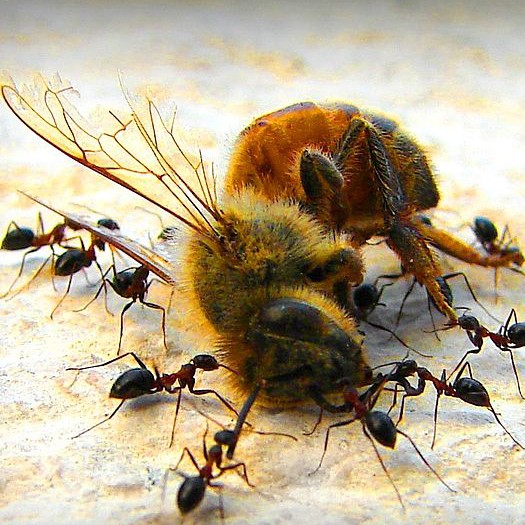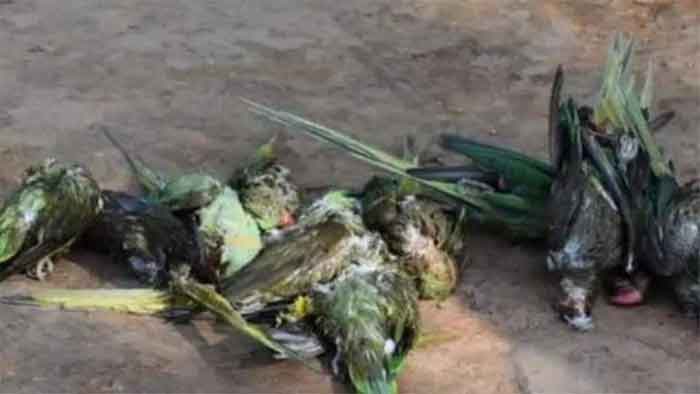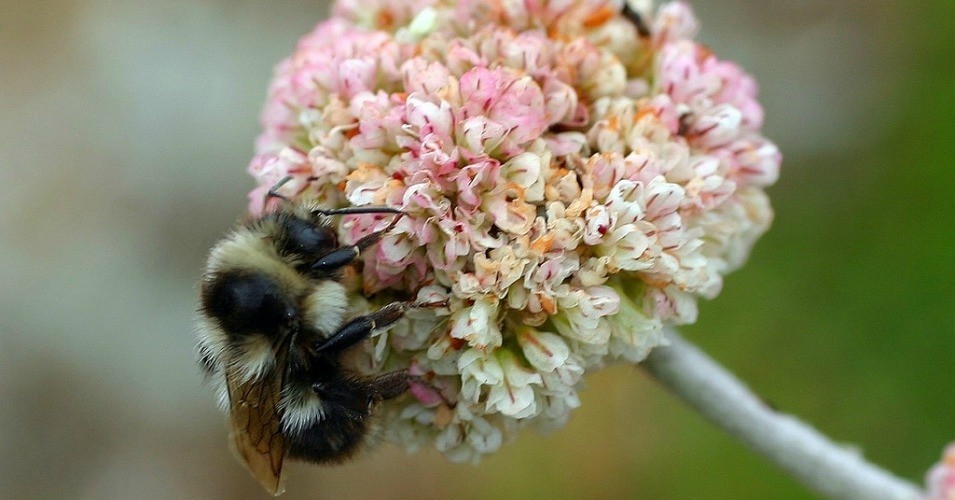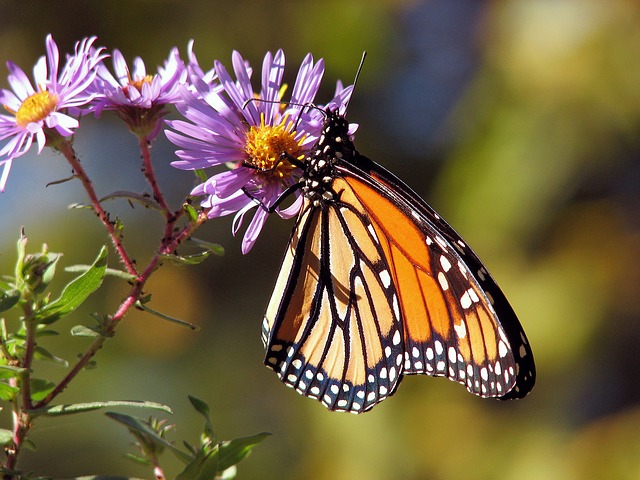
A silent crisis that has been building up over recent decades may ultimately assume the form of one of the biggest risks to world food and farming system if allowed to proceed unchecked. An increasing number of scientists and conservationists are issuing warnings on the basis of urgency that if the many-sided risks for bees, butterflies, moths, humming birds, other insects and birds, even bats, in fact all pollinators are not checked, then the natural processes for pollination will be severely disrupted.
Particular mention should be made here of the forgotten pollinators campaign launched by two scientists Stephen Buchmann and Gary Nabhan . Although their campaign has focused more on the USA and a few other countries, Buchmann says emphatically, “ It is clearly a concern at the global level.” This is certainly true of India where many of the important factors which have been listed as most important threats to pollinators are present. What is more, these factors are related to highly distorted policies being favored by authorities and so their threat is likely to go on increasing, unless the policies are corrected at a more basic level.
The green revolution technology brought in more chemical pesticides and herbicides, exotic varieties, monocultures. All of these are harmful for pollinators. In the next phase GM crops like Bt cotton have been brought, again a threat to pollinators. In the forestry sector there has been a lot of deforestation and replacement of mixed natural forests with monoculture plantations as well planting of commercial species monocultures. All this is harmful in various ways including for pollinators. The authorities have consistently ignored complaints of serious hazards of non-ionizing radiation, another serious hazard for important pollinators like bees as well.
Risks are very high for bees which are known as very important pollinators. A sharp reduction in the number of honeybees and their colonies has been reported in many countries of world including India. Diversity of bee species is known to be related to diversity of plant species in forests and they exist in mutually protective relationships.
If natural pollination processes are disrupted then the threat to the potential of organic and natural farming will be very high as such farming depends more on protection of overall natural systems and on balance of nature. Hence it is really important to protect honeybees by reducing the impact of the factors that have been harmful for honeybees.
Two aspects of highly distorted farming practices which have been very harmful for honeybees are the introduction of genetically modified crops or GM crops and secondly the increasing use of chemical pesticides, insecticides and herbicides. At times these two factors are also related as the introduction of some GM crops is accompanied by the use of some very harmful herbicides like glyphosate . There has been a huge debate recently on the risks of glyphosate and those who have suffered have claimed and obtained huge damages due to the alleged poisonous impact causing serious disease. If these are so harmful generally one can imagine the great harm caused to very fragile honeybees and other beneficial pollinating insects like butterflies.
Another very adverse factor relates to the introduction of exotic bees which often has a very harmful impact on local honeybee species. There have been cases of diseases spreading in local species so that these perish in large numbers. At the same time the exotic species may not be able to perform their expected role in new settings and a different climate. When honeybees from a cold region have been introduced in a different region which is much warmer and experiences intense heat as well, the response of the exotic bee has been that I won’t go out in such heat! The result is that there is very little pollination and very little honey-making. In fact colonies of exotic honeybees sometimes collapse in a big way. Some of them may be artificially kept alive by feeding a lot of sugar and medicines, but overall their survival has again been difficult.
It is important to learn from past mistakes and to take all protective measures to save honeybees as protecting honeybees is integral to protecting food systems and bio-diversity systems.
At the same time the concern of protection should not be restricted to honeybees alone but should instead extend to all bees including simple bees and wild bees. As far as pollination is concerned some of the bigger wild bees may be performing an even more useful role. In fact too big a rise in commercially kept honeybees may even impede the survival of these wild bees or simple bees.
There should be a comprehensive campaign for protecting all pollinators with steps at several levels. Promotion of organic or natural mixed farming, banning all GM crops, protection of natural forests, indigenous tree groves, gardens and grasslands, avoiding indiscriminate introduction of exotic species and reducing risks of non-ionizing radiation, avoiding any cruelty or capturing or harmful practices relating to leading pollinators, avoiding chemical pesticides and herbicides not only in farms and forests but also in urban gardens and maintaining overall balance of nature will all contribute to protection of pollinators.
Bharat Dogra is Convener of Save the Earth Now Campaign with SED Demand. His recent books include Protecting Earth for Children and Man Over Machine.
GET COUNTERCURRENTS DAILY NEWSLETTER STRAIGHT TO YOUR INBOX














































